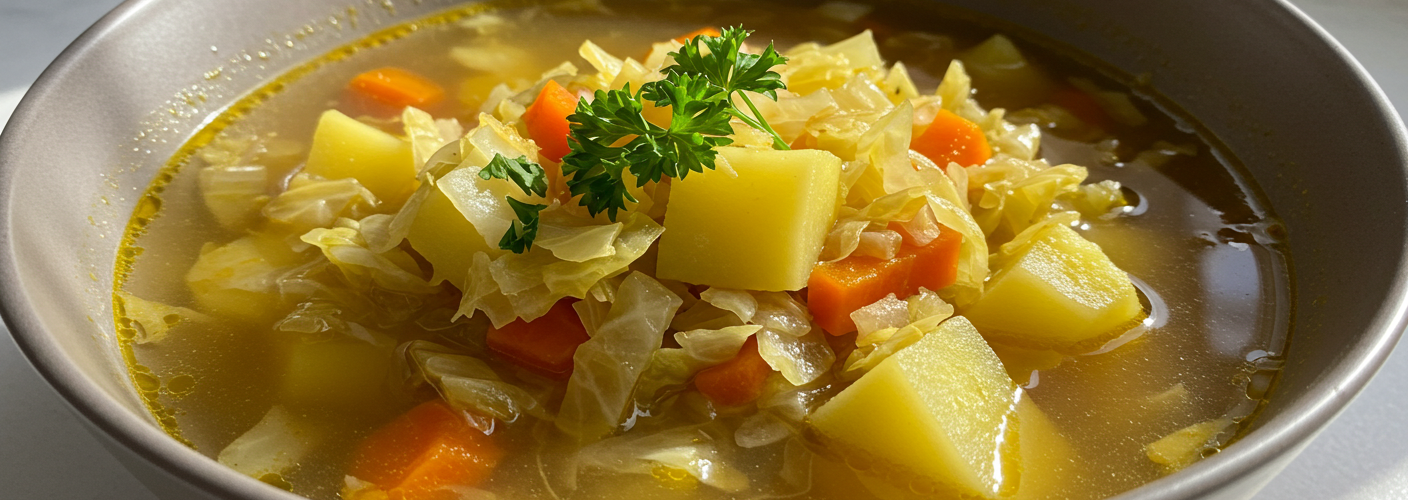Shchi, a beloved dish in Russian cuisine, holds a special place in the hearts of many. This hearty soup, primarily made with cabbage, offers a deliciously comforting experience that resonates with the warmth of home cooking. Whether enjoyed on a chilly winter day or at any family gathering, shchi is a dish that brings people together, showcasing the richness of Russian culinary traditions.
At its core, shchi is a humble soup, yet its variations and preparations can differ widely across regions and families. Traditionally, the primary ingredient is fermented or fresh cabbage, which provides the signature tang and depth of flavor. The origins of shchi are believed to date back to the 9th century, making it one of the oldest dishes in Russian cuisine. It is often said that the best shchi are those simmered over low heat, allowing the flavors to meld beautifully.
One of the remarkable aspects of shchi is its versatility. While the basic recipe revolves around cabbage, the soup can include a variety of other ingredients such as potatoes, carrots, onions, and herbs which enhance its taste and nutritional value. Some recipes also incorporate meat, such as pork or beef, which adds richness and heartiness to the dish. For those seeking a vegetarian option, shchi can be made entirely plant-based, relying on vegetable broth and an array of vegetables to create a satisfying meal.
The preparation of shchi involves a few straightforward steps. First, the cabbage is typically chopped and sautéed with onions in a pot until softened. Next, the selected meat (if using) is added, followed by broth or water and the rest of the ingredients. The key is to let everything simmer together, allowing the flavors to develop and infuse the soup. Adding a splash of vinegar or a dollop of sour cream just before serving can elevate the taste, giving it that authentic touch that is loved by many.
Shchi is often served with rye bread or pirozhki—Russian pastries filled with various fillings—which make for a complete and satisfying meal. It can be enjoyed fresh, but many argue that shchi tastes even better the next day, as the flavors continue to deepen. This quality makes it a fantastic option for meal prep, allowing cooks to create a large batch that can be savored throughout the week.
In addition to its culinary appeal, shchi also carries cultural significance. It is traditionally associated with hospitality and community. Sharing a bowl of shchi with family and friends symbolizes warmth and care, making it a fitting dish for gatherings and celebrations.
Whether you are a seasoned cook or new to exploring Russian cuisine, making shchi can be an inviting and delightful experience. The soup not only nourishes the body but also lifts the spirits, reminding us of the comfort of home and the bonds we share over food. So, the next time you seek a fulfilling dish that captures the essence of tradition, consider preparing shchi. It’s more than just a soup; it’s a warm embrace in a bowl.




Add comment